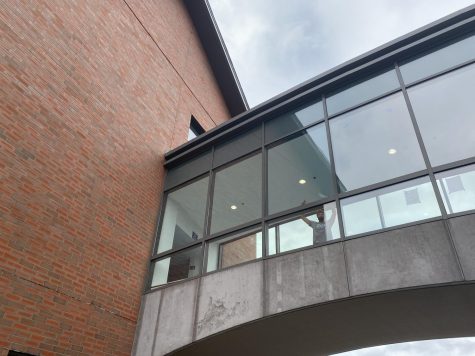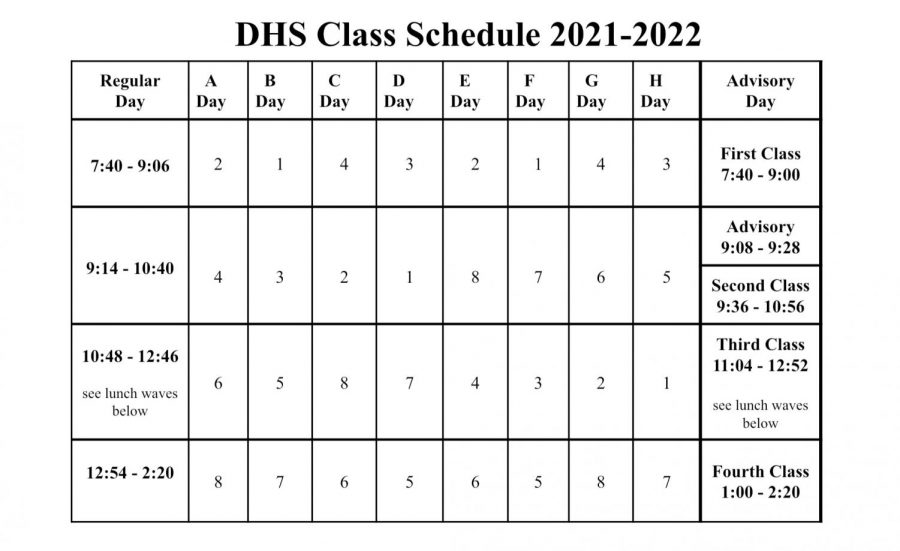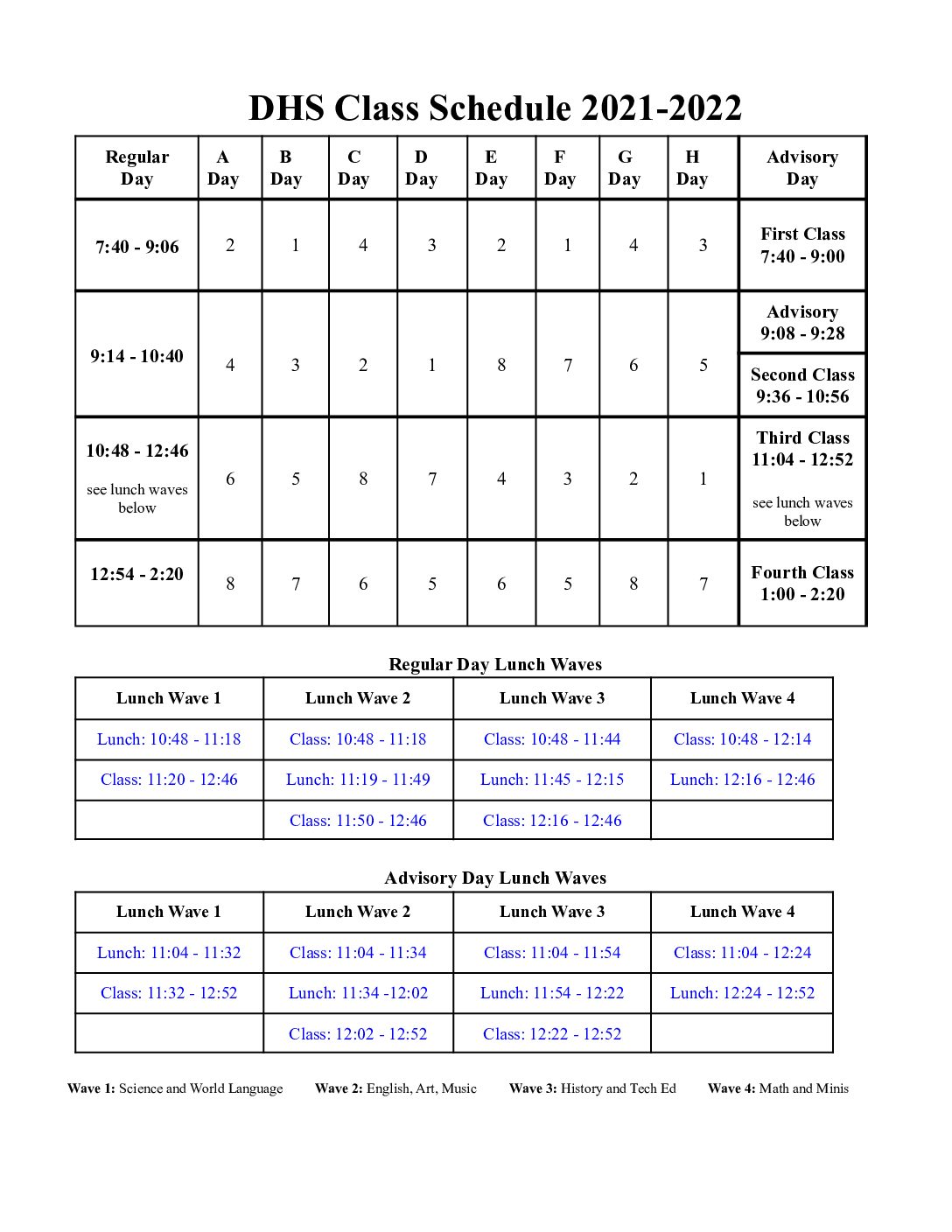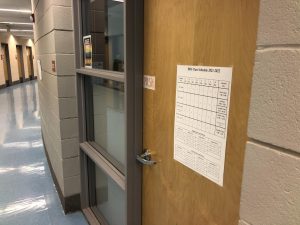DHS: Is it time for the block schedule to go?
Will the block schedule survive another year?
June 10, 2022
The controversy surrounding DHS’s block schedule is nothing new. When rumors that the traditional schedule would return next year began, sides were instantly taken. Either you’re pro-block schedule or you’re anti-block schedule, there’s no middle ground in this debate. I’ve noticed that a majority of the underclassmen prefer the block schedule while some of the upperclassmen prefer the traditional schedule.
For anyone who’s been living under a rock for the past two years, DHS’s block schedule consists of four 90 minute blocks everyday instead of seven or eight 40 minute blocks. Classes are held every other day and rotate throughout our eight letter schedule. It’s easy to see both sides of the argument but the so-called right answer is different for everyone.

One of the main reasons why many prefer block schedules is the flexibility when it comes to due dates and homework. Because classes meet every other day, students and teachers have two days to complete their work rather than cramming everything in one night.
Stamford Public Schools also have a block schedule and their website says the block schedule “offers a personalized and flexible schedule for students to meet learning needs.”
Quinn Kennedy, a freshman on the girls varsity lacrosse team, says that the schedule helps her manage her busy sports schedule and schoolwork. “Since I have homework due every two days, it makes it easier for me to work on a little bit of it, then go to practice and work on it more the next day and vice versa. If I don’t have time one day to do my work, for example if I have a game, I’m able to do it the next day which is super convenient,” Kennedy said
Block schedule helps students and teachers alike with managing their time and assignments. Under a traditional schedule with homework due every night, students have to stay up later to cram their work and studying in. I’m sure most of you know that thousands and thousands of studies have shown that lack of sleep is insanely harmful for growing teens. While due dates may seem insignificant they can actually have major impacts on many.
Coalligning with homework, students feel like the block schedule results in less stress for everyone. Because many students at DHS are heavily involved in sports and other various activities, they don’t have lots of free time to get their homework done in one day. With late practices and even later games, many athletes struggle with managing their time around athletics and academics. Many student-athletes I’ve talked to said that they would feel much more stressed coming home after a long game to do more homework late at night. They’re exhausted, worn out, and fatigued. The last thing they want to do is more homework due the next day.
History teacher Ms. Cathy Fulton, who has been a teacher for 15 years (7 at DHS), prefers the block schedules at a slower pace rather than the traditional schedule’s fast one. “Students know they only have four classes that are targeted per day, sometimes even less if they have frees. Also with longer class times, it’s just teachers having longer amounts of time with students in a day and you can build a connection. You can get a lot more done without feeling overwhelmed, like you’re rushing from one class to the next. I feel like the speed of getting everything done in 50 minutes was really fast, and that’s with homework every night. We also take breaks so it’s more social, whereas in the short classes you don’t have time to take breaks,” Ms. Fulton said.

Ms. Fulton also agrees that she has been seeing less stress when it comes to homework. Sports and school take large amounts of time out of students lives during the school year, the block schedule helps take some of the stress off by giving students more leniency.
When freshmen first came to DHS in the fall, many had never experienced a block schedule before and wondered, how am I going to be able to focus for a whole 90 minute period? Many students I’ve talked to have easy days and hard days under the schedule. On their hard days, they have four 90 minute classes in a row, the only break is lunch. This may seem pretty brutal, but their easy days make up for it. A typical easy day mainly has 2 core classes, and then the rest of the day consists of study halls, frees, or gym or lab minis. Most students believe they focus better under a block schedule because they have one hard day when they really have to focus and then the next day is an easy day to relax. Many teachers, like Ms. Fulton, prefer the slower pace of only having 4 classes in a single day versus trying to manage 7 classes in one day.
When I asked both Kennedy and Ms. Fulton which schedule they wanted to have next year, they both said they were leaning towards having a block schedule.

With the decision to possibly eliminate the block schedule for the 2022-23 school year, many students and teachers are hesitant to make the switch. While there are some disadvantages, like the difficult recovery from absences, the benefits of block scheduling far outweigh the negatives. Additionally, research from AASA shows that discipline referrals to the office are reduced by typically 25-50% under block. Evidence also shows that in-school suspensions decrease and attendance in students and teachers is higher. At first glance, a traditional schedule may definitely appear to be more logical. Before experiencing a block schedule, I thought the same thing. But after going through both schedules, I can confidently say that block is way more effective and reasonable. The benefits are almost infinite: homework due every other day, longer classes, extended time to take assessments, more connection, less cramming, more relaxed schedules for students and teachers. Not to mention block schedule benefits kids with learning disadvantages like ADHD or dyslexia who need extra time to focus in class. Block schedule is not only favorable for all, it’s just simply the option that makes the most sense.









